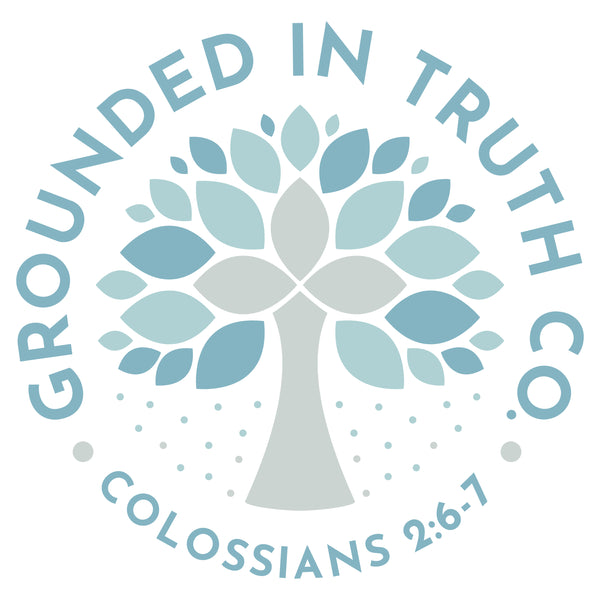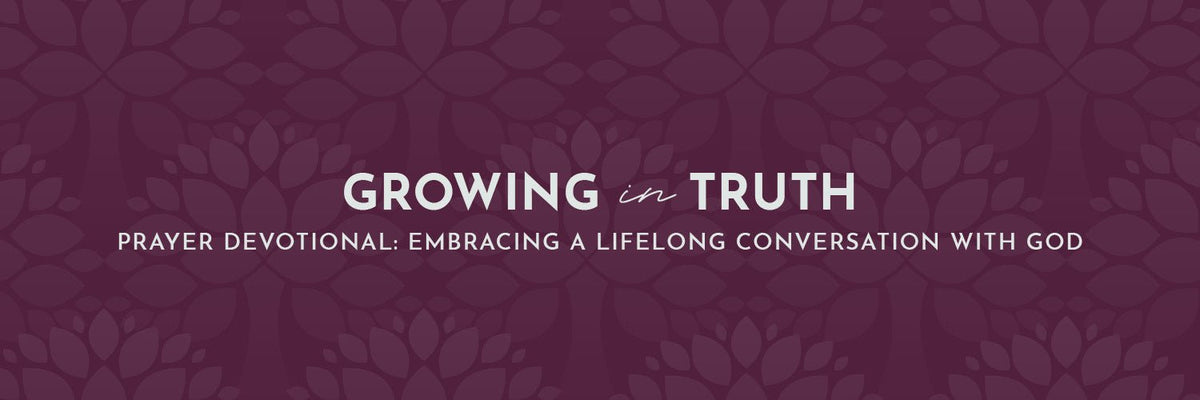
Proverbs 3:5-6: Trusting God Beyond Our Understanding
Share
Trusting God with All Your Heart: A Deeper Look at Proverbs 3:5-6
Trust in the LORD with all thine heart; and lean not unto thine own understanding. In all thy ways acknowledge him, and he shall direct thy paths. | Proverbs 3:5-6
This oft-quoted passage from Proverbs provides timeless wisdom on trusting in God’s guidance. Written by King Solomon, this verse encourages us to place unwavering trust in the Lord, lean away from our limited understanding, and acknowledge Him in everything we do. Let’s explore the depth of its meaning and how to apply it to daily life.

Understanding Key Words in Proverbs 3:5-6
“Trust” (בָּטַח - bāṭaḥ)
The word trust in Hebrew, bāṭaḥ, means to have confidence, to feel secure, or to be bold. This is not a passive trust; it’s an active confidence rooted in God’s character and faithfulness. When we trust in the Lord with all our heart, we are choosing to place complete confidence in Him, rather than relying on ourselves or the world around us.
Proverbs 22:19 tells us, That thy trust may be in the LORD, I have made known to thee this day, even to thee. This passage reminds us that true trust is rooted in knowing who God is, not just what He can do for us.
“Lean Not” (שָׁעַן - šāʿan)
The phrase “lean not” comes from the Hebrew word šāʿan, meaning to support oneself or rely on something. When Solomon says, lean not unto thine own understanding, he’s advising us to avoid depending on our own wisdom or insight, which is limited and often flawed. Instead, we are called to trust in God’s superior knowledge and understanding.
The Bible reinforces this elsewhere by saying,
Commit thy works unto the LORD, and thy thoughts shall be established. | Proverbs 16:3
When we trust in God rather than our own limited perception, He establishes our thoughts, allowing us to see life more clearly and make wiser choices.
“Acknowledge” (יָדַע - yāḏaʿ)
In Hebrew, yāḏaʿ means to know, perceive, or recognize. Acknowledging God in all our ways means recognizing His hand in every aspect of our lives. It’s a call to invite Him into our decisions, challenges, and daily routines, seeking His wisdom as our primary guide.
In 1 Chronicles 28:9, David advises Solomon to know thou the God of thy father, and serve him with a perfect heart and with a willing mind. Knowing and acknowledging God intimately brings us closer to His will.
“Direct” (יָשַׁר - yāšar)
The Hebrew word yāšar, translated as “direct,” means to make straight, lead, or make smooth. When we acknowledge God, He directs our paths, guiding us away from obstacles and toward His purpose for our lives. This is not simply about reaching a destination but walking a path that aligns with His will.
Applying Proverbs 3:5-6 to Our Daily Lives
Embrace Complete Trust in God’s Character
True trust in God requires us to trust Him fully, not selectively. Just as Solomon advises the Israelites, we must choose to rely on God’s wisdom and presence in every part of our lives. This kind of trust calls for an inner boldness, one that resists fear and self-reliance, replacing it with faith in a faithful God.
Are you trusting the Lord with all your heart, or are there areas of life where you still lean on your own understanding?
Letting Go of Our Own Understanding
Leaning not on our own understanding is challenging in a world that values self-reliance and logic. However, our perspective is limited, and without God, we miss the bigger picture. Recognizing our limitations allows us to shift from self-sufficiency to a dependence on God, inviting His guidance into every aspect of life.
What areas in your life are you trying to manage through your own wisdom rather than seeking God’s direction?
Acknowledging God in All Things
Acknowledging God is more than just saying a prayer or reading a Bible verse. It’s an active, ongoing relationship where we seek His will in each decision, thought, and action. By bringing God into every aspect of our lives, we cultivate a heart that is receptive to His guidance.
How can you invite God into your everyday decisions to create a life more aligned with His will?
Walking the Path He Has Prepared
When we trust, lean not on ourselves, and acknowledge Him, God directs our paths. His guidance leads us away from unnecessary struggles and places us on a path of spiritual prosperity. Trusting His lead doesn’t mean life will be free of challenges, but it ensures we are not walking alone.
Why Proverbs 3:5-6 Offers Timeless Wisdom for Today

Proverbs 3:5-6 is more than just an encouragement; it’s an instruction for a faith-filled life. By placing our confidence in God’s wisdom, releasing our grip on our own limited perspective, and inviting Him into all areas of our lives, we experience true guidance and peace.
Whether you’re facing a difficult decision, a season of uncertainty, or simply looking for direction, these verses offer a reminder that God is with you, ready to lead you. Embrace the promise that when you trust and acknowledge Him, He will make your path clear, leading you toward His purpose and plan.













